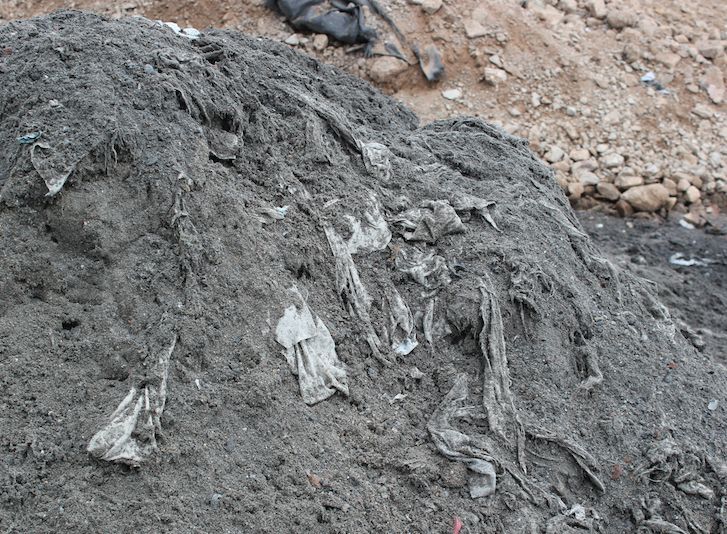Lanes welcomes ‘positive’ labelling step from wet wipes makers

The UK’s leading independent drainage specialist has welcomed a positive step from wet wipe makers on tightening labelling of their products.
But Lanes Group plc points out that water industry experts want more to be done to protect the environment and prevent sewer blockages.
Michelle Ringland, Lanes Group’s Head of Marketing, said: “The decision by the wipe manufacturers’ trade body to review its labelling guidelines is a positive step in the right direction.
“However, we share the water industry’s concerns that it may not go far enough. Our teams deal with sewer blockages every day caused by wipes. They are a major problem that caused local flooding and increase all our water bills.
“Like the wider public, we are also concerned about the potential environmental damage of disposing of man-made products in a way that allows them to get into the natural environment.
“Our recent research on public attitudes to plastic microbeads in cleaning and cosmetic products indicates that manufacturers have a clear responsibility to lead and shape opinion. They cannot just expect people to do the right thing.
“We have upgraded information about wipes on our website because we recognise the growing concern people have, and the need for clear advice. We also have a ‘Fact-or-Flush’ quiz which allows people to test their knowledge about what to put down toilets, which we would invite people to try.”
Edana, the European body for firms producing non-woven fabrics, said this week that it “accepts” it could have done better to warn consumers about products not designed to be flushed down toilets.
It said that, in the future, manufacturers should have ‘do not flush’ logos and labels at the point of extraction – around the lid or other opening – rather than the back of the packet.
Edana’s ruling means its members, which include leading manufacturers, will be expected to reconsider packaging guidelines, and to pledge to change them within 18 months.
The ruling does not cover wipes that are designed to be flushable. Edana argues that these are made from cellulose, so break down quickly in sewers.
However, Water UK, which represents water companies, has urged the Chartered Trading Standards Institute owevto investigate whether claims that wipes are flushable are mislabelled. It wants no wipes to be flushed down toilets.
Most wipes, increasingly used to clean make-up, cleanse skin, clean household surfaces and for sanitary purposes, are made from polyester.
When flushed down toilets, they can mix with congealed oils and fats to create fatbergs that cost tens of £millions to remove in the UK every year. (Click here for more information on the impacts wipes have on drains and sewer systems.)
Over time, the wipes also gradually break up to spread billions of tiny fragments of plastic – known as ‘micro-plastics’ – that pollute water ways and oceans and become lodges in the guts of wild animals.
In October, Lanes Group published research it had commissioned that showed that one if five people in the UK intended to carry on buying and using products containing microbeads right up until they are banned in 2017.
The YouGov poll, shows that despite the mounting evidence of damage caused to the environment by microbeads, few peoples are looking into suitable disposal options for the microbead products they owned.
Michelle Ringland said: “It was clear public attitudes to microbeads lag behind policy, and the same will happen with wipes, if manufacturers do not take a firm lead, and advise their customers how to use them responsibly.”








